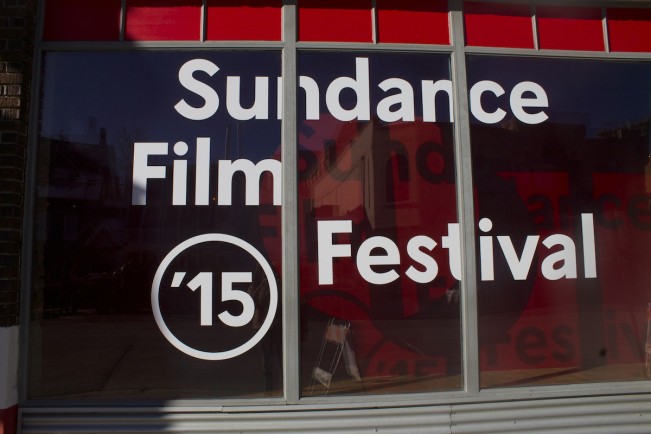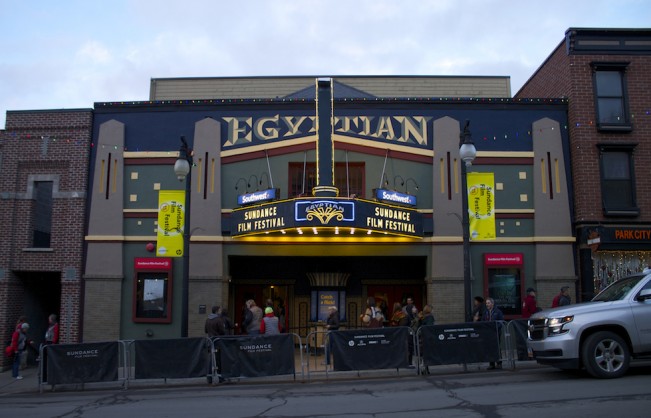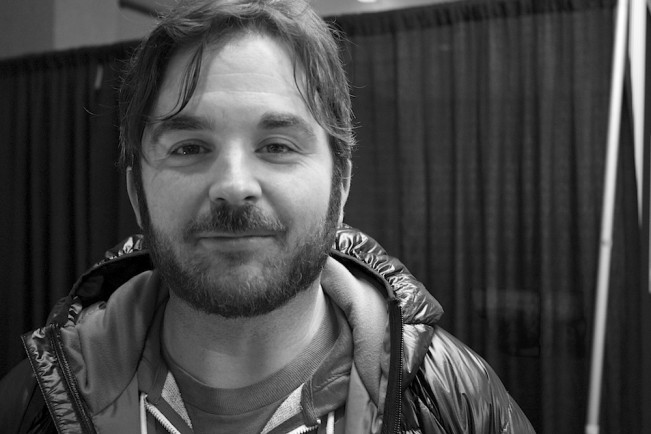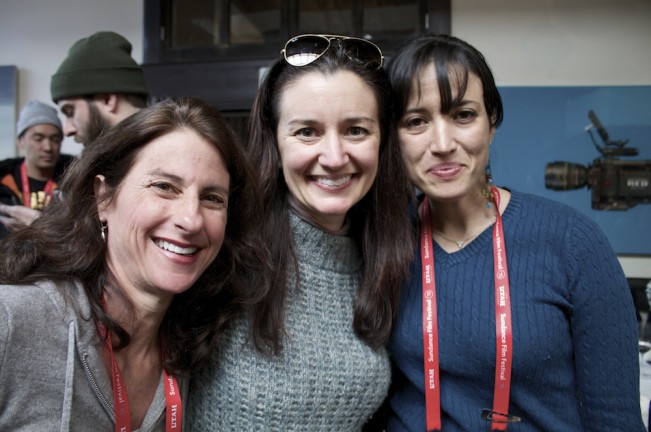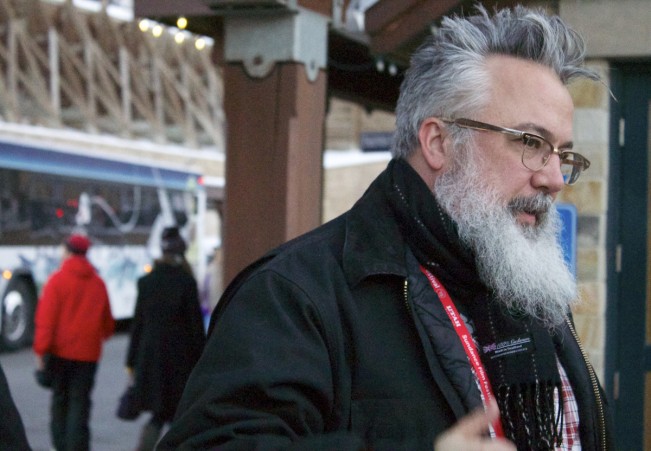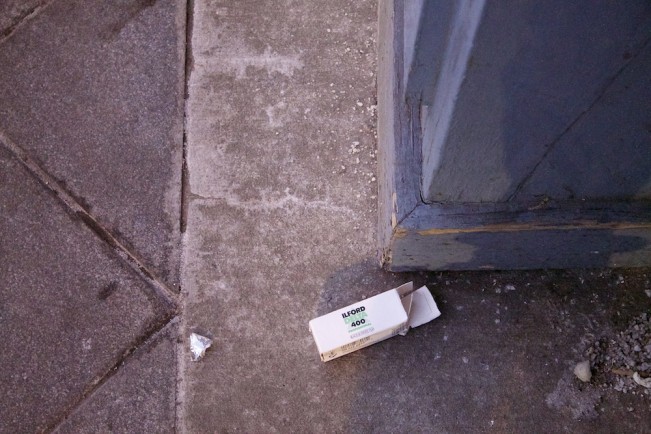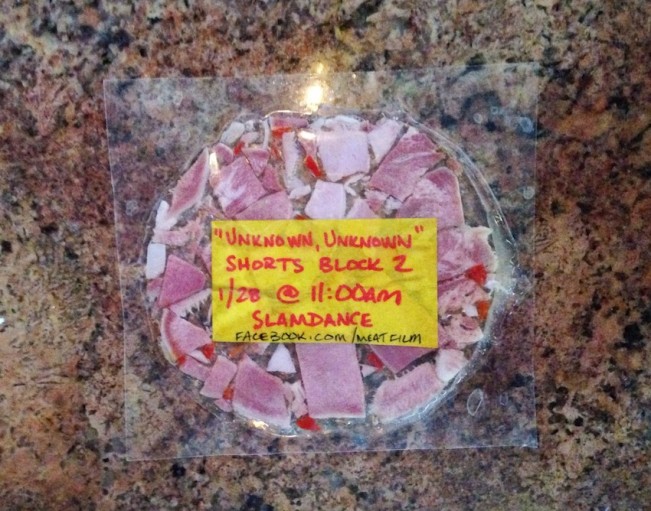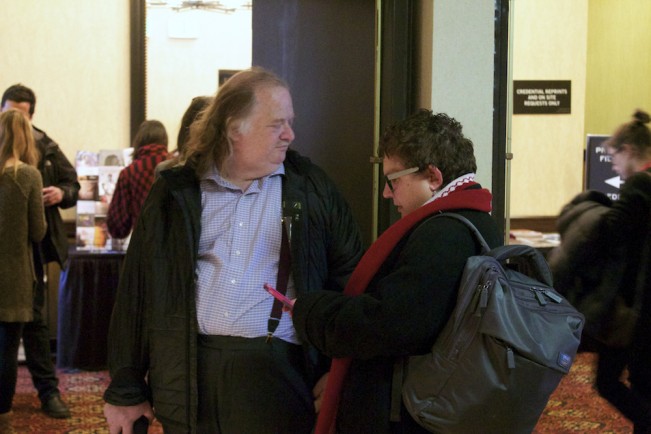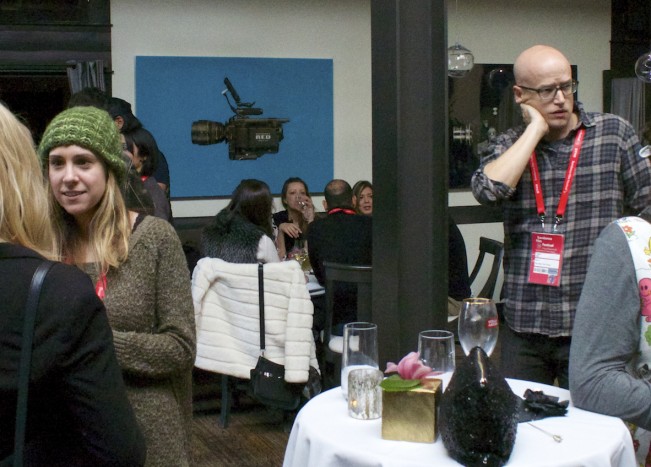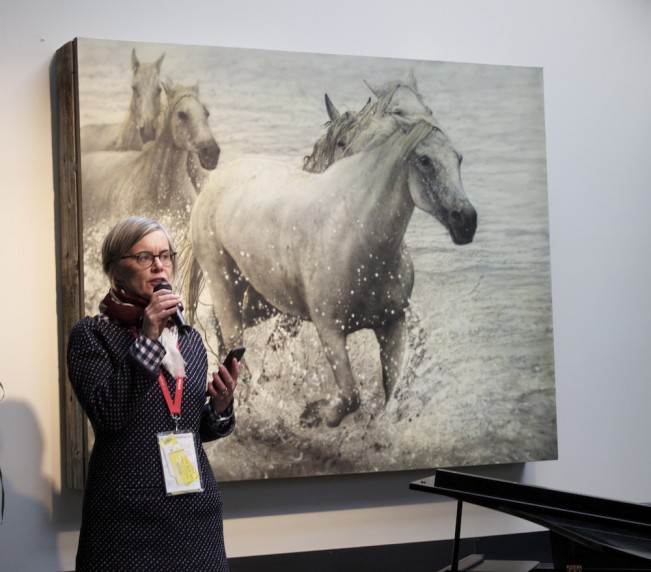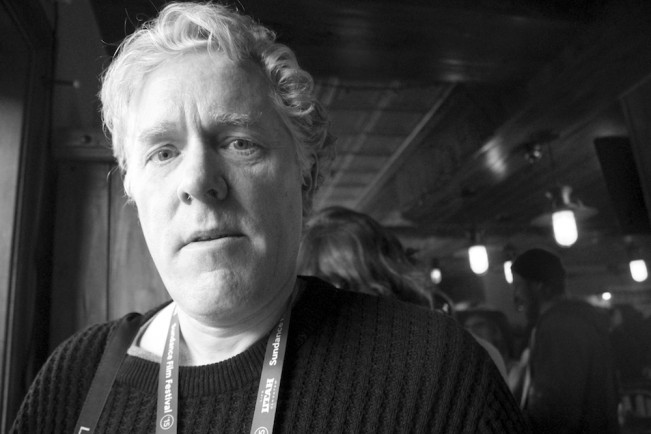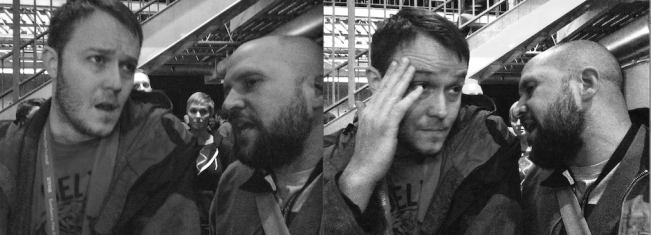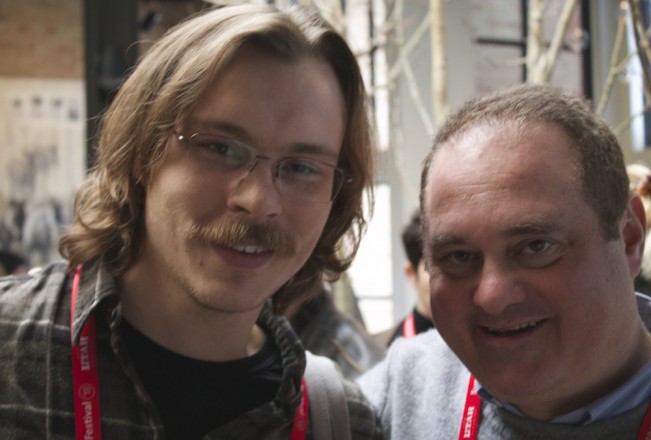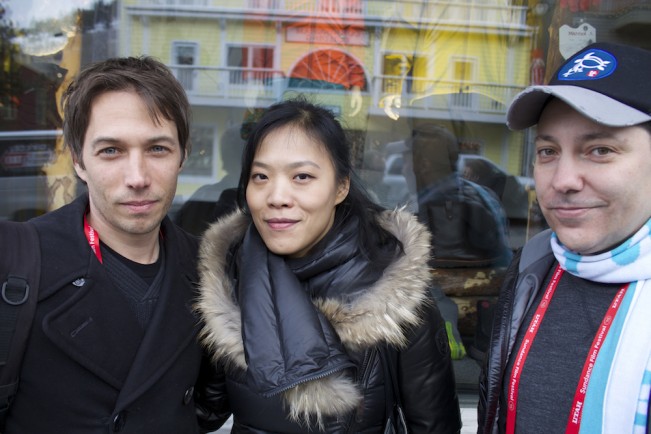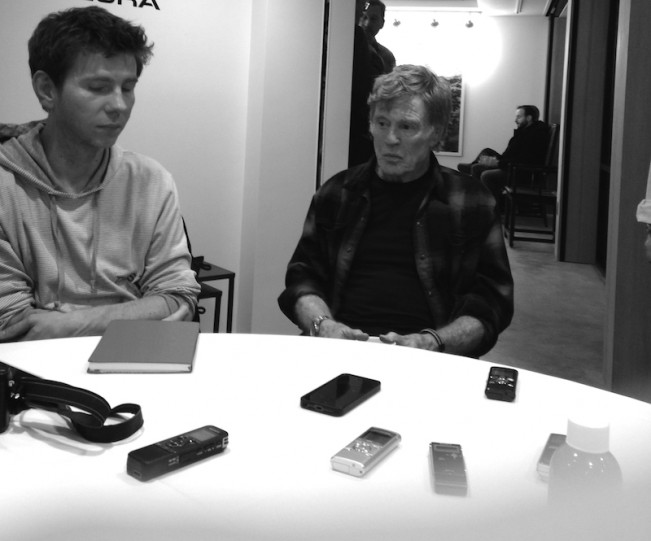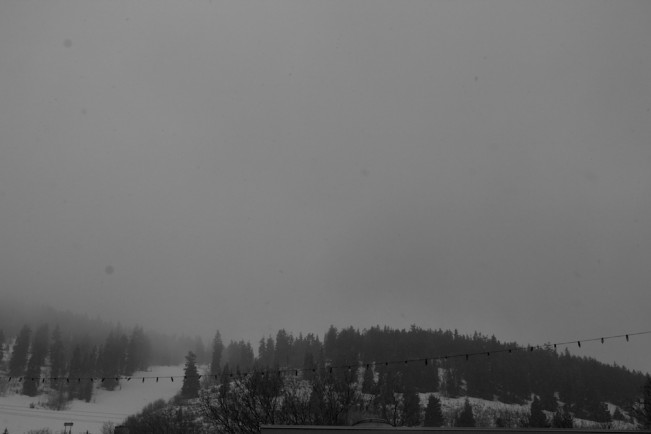

By Ray Pride Pride@moviecitynews.com
Sundance Seen Part 2: The Cooled Take
SUNDANCE 2015, I TOLD MYSELF, would be a festival of no quick takes, a fistful of tweets, lots of movies, interviews, conversations, unforeseen run-ins and path-crossings, hundreds of photographs, and a few more movies if line-ups allowed. A noble experiment. Time to consider, reflect. Of course, afterwards, I was quickly reminded that there’s good reason for buckling down in the midst of all the sensory input of a film festival and churning copy and burning digital files. What happens once you’re back on the ground? Sure, plant your ass in the chair and type–type–type until all is tidy and done. But not so fast. In my passage from the end of January to the early weeks of February, I was first stranded a few days in Salt Lake City because there were no flights back to blizzard-struck Chicago, then once I could return home to zero-degree temperatures, I discovered that the gas company was unable to restore service to my apartment after an errant snowplow had hit-and-run fixtures on the front of the building. Only the beginning: other daily website and weekly reviewing deadlines pounced as I came down with a local strain of not-quite-the-flu, certainly-the-blahs. Then a couple other melodramatic crises rippled to the churning surface, ones that might sing in a brightly-translated European novella but would come off here only as indulgent, finessed confession.
Was it really so long ago that festival coverage took weeks or even months to arrive in the pages of newsprint trades like Variety and august, now yellowed editions of Film Comment? (Decades.) Things have changed immensely in the past decade, even the past ten minutes.
So what does Sundance 2015 look like from the distance of weeks, after other correspondents have already also filed copy from Berlin and True/False, and imminently, SXSW? The notebook is open; the photographs are in a folder on the desktop, what sticks in memory? The pictures jog more than the notes in the dark about twenty-two, twenty-five, however many movies in ten rapid-fire days.
[“Sundance Seen: Part 1” here.]
All images © 2015 Ray Pride; All Rights Reserved.
After a second screening of The End Of The Tour, James Ponsoldt‘s off to see The Witch.
Hot Girls Wanted directors Jill Bauer and Ronna Gradus flank a key advisor from the Kinsey Institute for Sex Research, just-arrived and about to be ushered out by security for lacking a credential. [Filmmaker-Press reception, Riverhorse Cafe.]
The back forty of festival HQ, the Marriott on Sidewinder. Folks are smoking below the frame, below a smear-streaked fine blue sky.
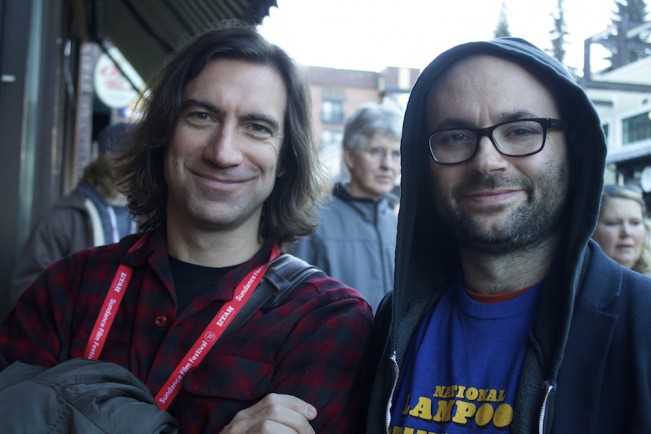
Two splendid writers and such smart, nice guys, in the lineup for the IFP party on Main Street, Eric Hynes and Robert Greene.
Michael Dunaway, Director of Programming, Sarasota Film Festival. Admirable taste and such enviable hair.
The Next Big Thing: look! Quick!
Old school outside the Independent Feature Project party.
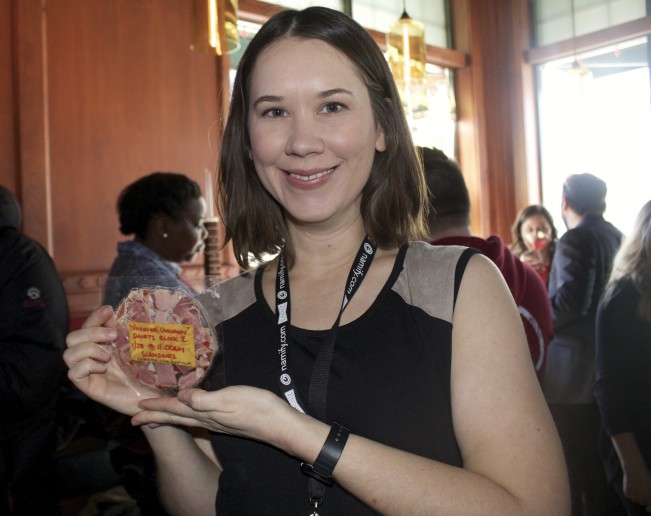
Holly Hopkins-McGinley promotes Unknown, Unknown, the Slamdance short she produced, with chunks of minced meat (purportedly) preserved inside a vacuum seal.
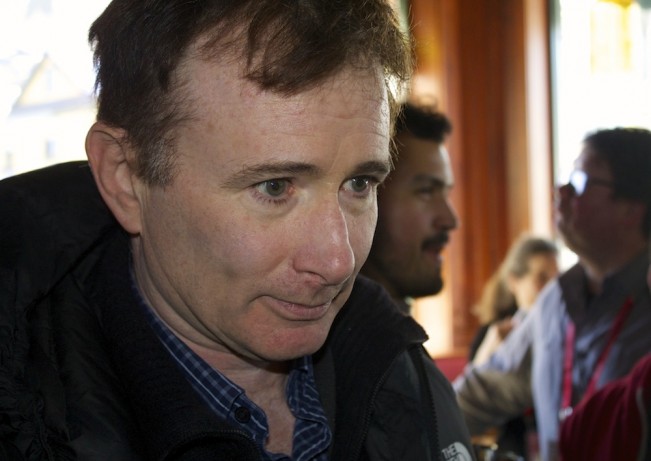
Slamdance co-founder Paul Rachman.
City of Gold subject, food critic Jonathan Gold and film critic/Film Quarterly editor B. Ruby Rich. [Festival HQ, Marriott on Sidewinder.]
Prolific scribe Logan Hill finds the story. (If not a dentist.) [Filmmaker/Press reception, Riverhorse Cafe.]
Not-yet-outgoing Sundance press topper Sarah Eaton at Filmmaker-Press reception, Riverhorse. B.G.: river horse.
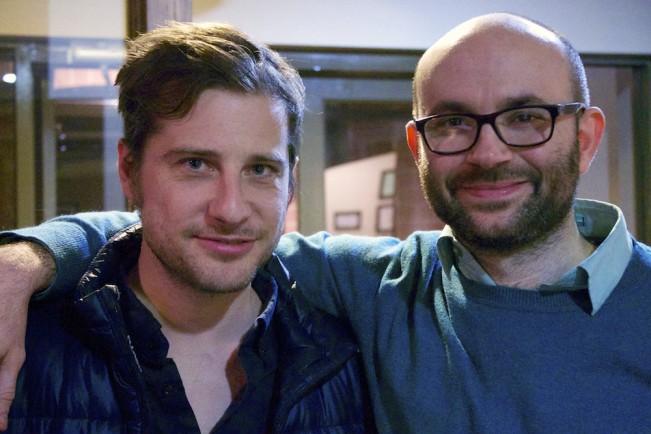
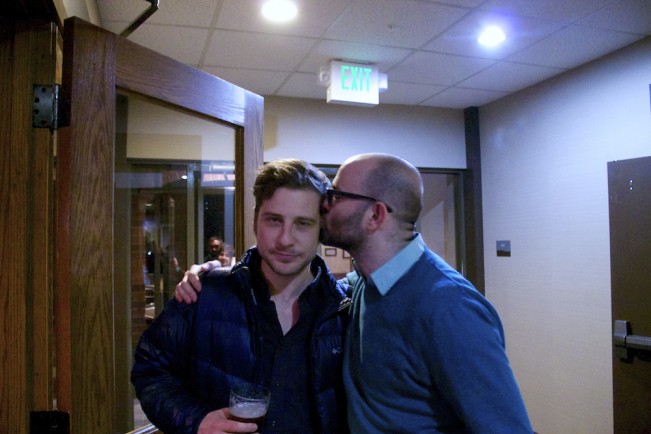
Kentucker Audley and Robert Greene at Tom Hall‘s annual indie trivia confab, Yarrow Hotel.

People with money pay a lot of it to live here.
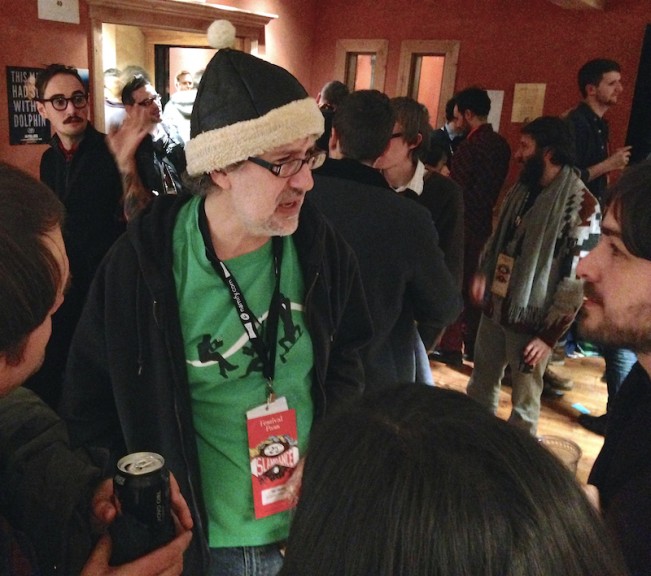
Filmmaker and Slamdance co-founder Dan Mirvish. He’s got a new project from a classic unproduced script that really oughta get made. A dance to this thing…[Slamdance Happy Hour, Treasure Mountain Inn.]
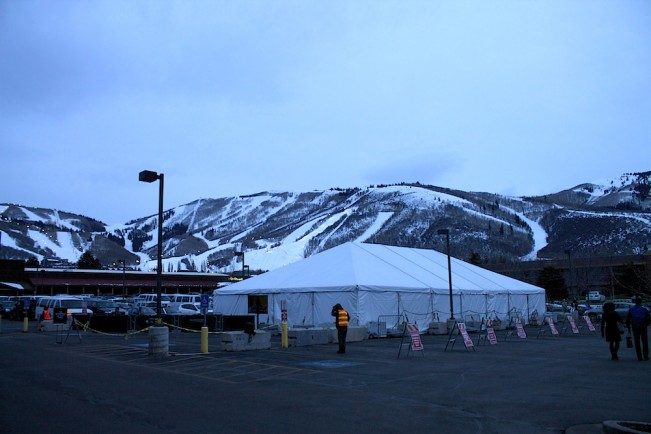
It’s a big tent, where the lineup begins for Press/Industry screenings. [Holiday Village.]
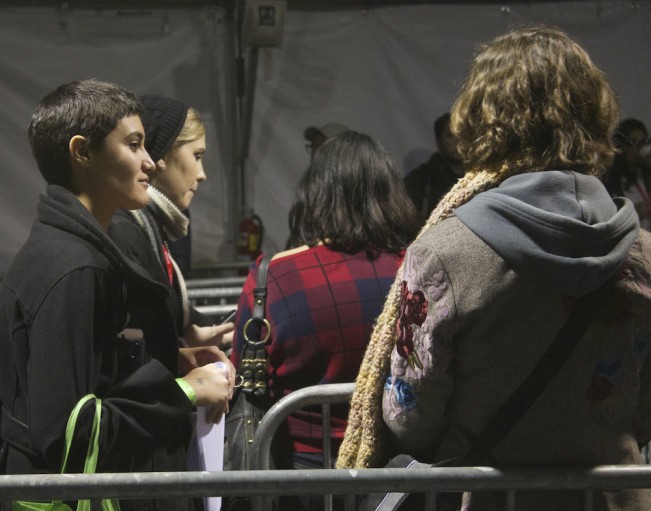
And it’s a corral inside, winding, winding, until the last seats are filled.
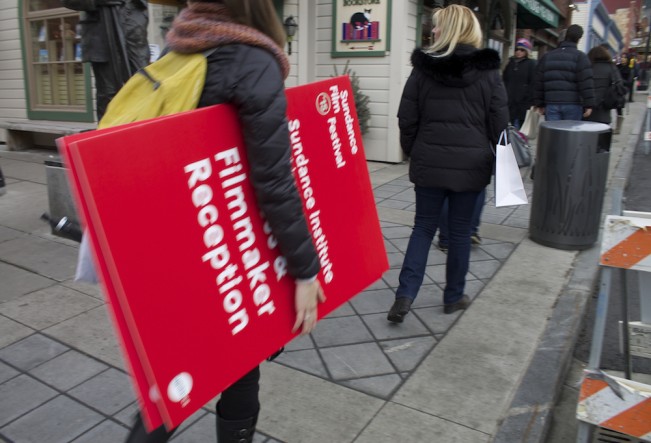
Anywhere, anytime. I can’t resist breakdowns, images that are proof of evanescence, the moment passed, or passing even as you stop and look.
Scott Macaulay, film producer, quick mind, mentor, blogger, tweeter and my editor at Filmmaker magazine since my Sundance 1997 cover story with Kevin Smith after the premiere of Chasing Amy. [Independent Feature Project party, Main Street.]
Two Midwest men: Mike McNamara of the Midwest Independent Film Festival and IFP/Chicago tussles with filmmaker Todd Looby, director of central Oregon’s laidback Bendfilm Festival, where I once served on a jury.
Christmas, Again director Charles Poekel with his longtime colleague, Douglas Tirola, director of the National Lampoon doc, Drunk Stoned Brilliant Dead as well as a producer to director-editor Robert Greene.
Behind the proudly gritty shot-on-iPhone 5 Tangerine: director-writer-producer-co-cinematographer Sean Baker, co-producer Shih-Ching Tsou, co-writer Chris Bergoch. [Main Street.]
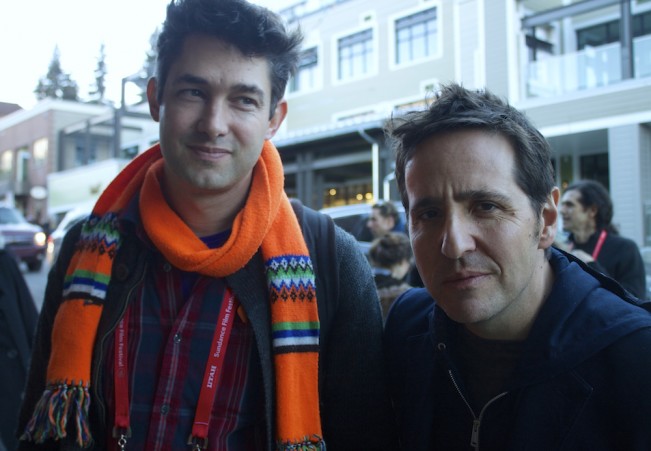
Documentarians David Wilson [also a co-mind behind True/False] and A. J. Schnack, who co-directed the effectively understated We Always Lie To Strangers.
I didn’t realize I’d taken this photo until afterwards. Oops. Robert Redford listens at a roundtable for A Walk In The Woods. He told a couple of great stories about his start in television under Merv Griffin. And about working with wildman Nick Nolte (right, just beyond frame).
And, well, Winona. Because. [Awards night.]
I woke every morning to the alarm on my phone and/or the ping of welcome text messages from Chicago, and a couple mornings to thick fallen snow and one morning to this, suitably primeval.









